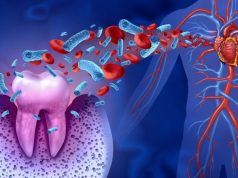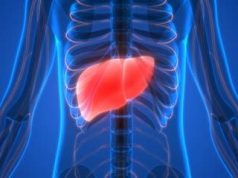Heavy drinkers most at risk; microbial diversity, profile differ in wine drinkers versus non-drinkers
TUESDAY, April 24, 2018 (HealthDay News) — Alcohol consumption, specifically heavy drinking, may influence the oral microbiome composition, according to a study published online April 24 in Microbiome.
Xiaozhou Fan, from NYU School of Medicine in New York City, and colleagues conducted a cross-sectional study involving 1,044 U.S. adults to examine the impact of alcohol consumption on the oral microbiome. Using oral wash samples, bacterial 16s rRNA genes were amplified, sequenced, and assigned to bacterial taxa. The correlation of alcohol drinking level and type with overall microbial composition and individual taxon abundance was assessed.
The researchers found that heavy drinkers and non-drinkers had different diversity of oral microbiota and overall bacterial profiles. The abundance of commensal order Lactobacillales tended to be reduced with higher alcohol consumption. Subjects with higher alcohol consumption had certain genera that were enriched, including Actinomyces, Leptotrichia, Cardiobacterium, and Neisseria; some of these genera contain oral pathogens, and Neisseria can synthesize alcetaldehyde from ethanol. After controlling for drinking amount, wine drinkers may differ from non-drinkers in microbial diversity and profiles, while liquor and beer drinkers do not. After exclusion of current smokers, all significant differences persisted.
“These findings may have implications for better understanding the potential role that oral bacteria play in alcohol-related diseases,” the authors write.
Copyright © 2018 HealthDay. All rights reserved.








